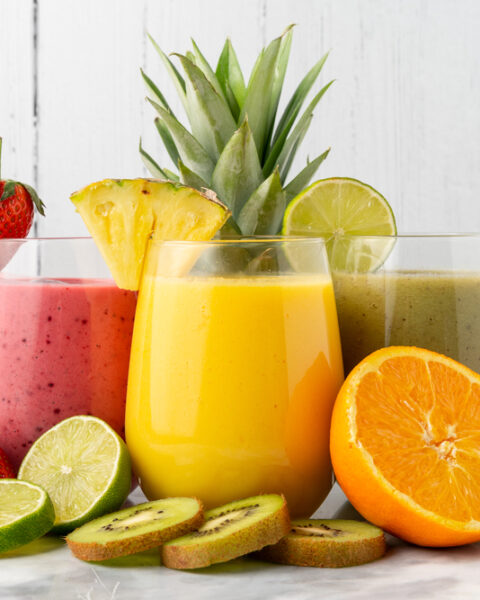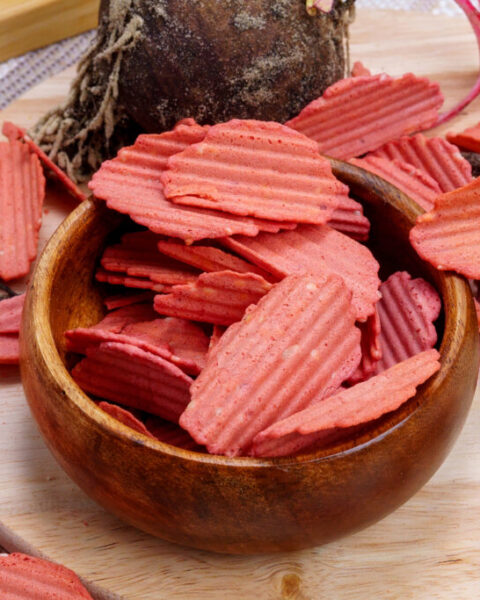Buying fresh produce can be a bit tricky, but with the right tips, it doesn’t have to be. Fresh fruits and vegetables are essential for a healthy diet, but knowing how to pick, store, and use them wisely can make a big difference. Whether you’re shopping at the local farmers’ market or your neighborhood grocery store, there are smart strategies that can help you get the best quality produce while saving money and reducing waste. Here are some great tips to help you become a savvy shopper and ensure you always have the freshest produce on hand.
Contents
- 1 Use Your Senses
- 2 Buy in Bulk When Items Are on Sale
- 3 Stick to Your List
- 4 Celebrate the Season
- 5 Inspect Produce Carefully
- 6 Try Canned or Frozen Alternatives
- 7 Shop at Farmers’ Markets
- 8 Plan and Cook Smart
- 9 Store Produce Properly
- 10 Check for Sales and Coupons
- 11 Buy Small Amounts Frequently
- 12 More From RetailShout
- 13 21 Aldi Just Brought Back Its Best Holiday Products Early
- 14 10 Amazing Food Hacks for an Unforgettable Camping Trip
Use Your Senses
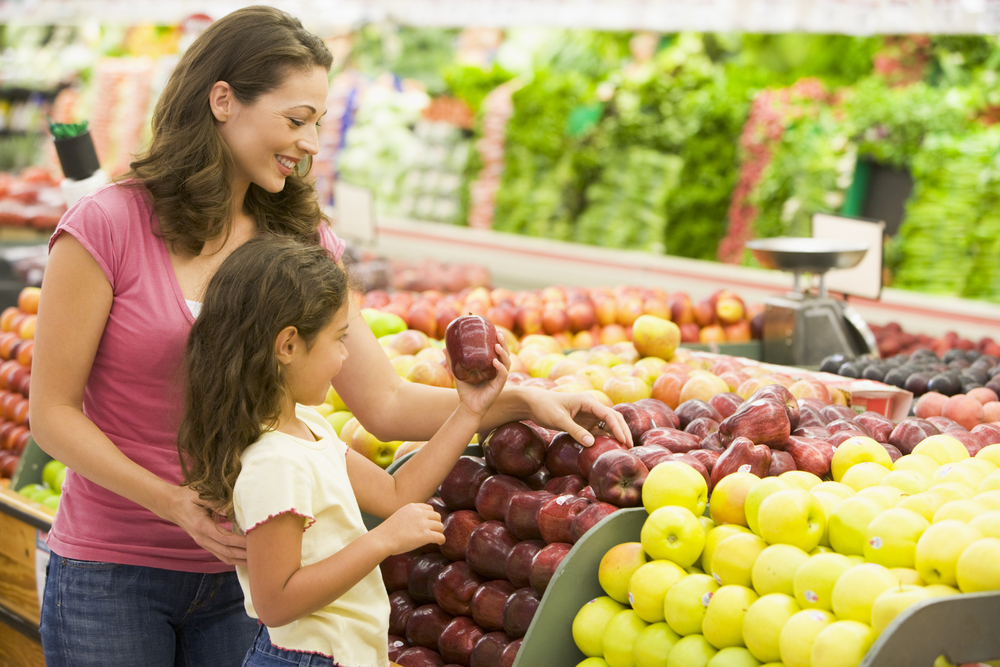
Using your senses can help you select the freshest produce. Look for vibrant colors, which often indicate higher nutritional value and freshness. Firmness is another key indicator; produce should not be overly soft or mushy unless it is naturally that way when ripe. Smelling the produce can also give clues about its ripeness and flavor; fragrant fruits are typically more flavorful. Visual inspection for blemishes or spots can help you avoid spoiled items. Handling and gently squeezing produce can help determine its ripeness. Trusting your senses can guide you to the best quality fruits and vegetables available.
Buy in Bulk When Items Are on Sale
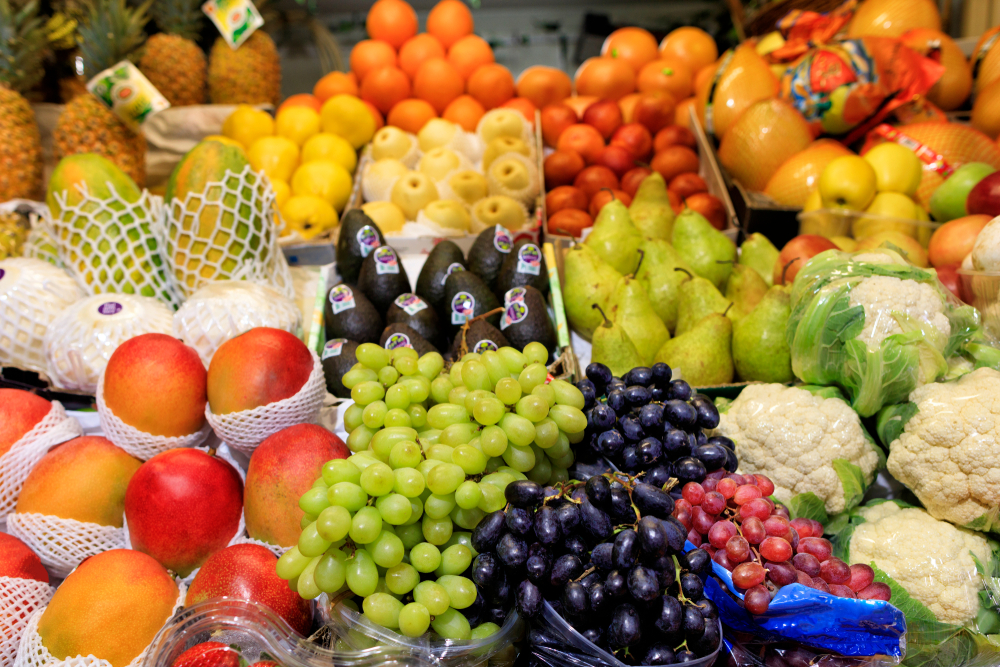
Purchasing fresh vegetables or fruits in bulk when they are on sale can be a cost-effective strategy. For produce that you frequently use, buying a larger quantity can result in significant savings. Canned or frozen fruits and vegetables also offer the advantage of longer shelf life, allowing you to stock up during sales. Store brands often provide the same quality as name brands at a lower cost. Utilize store membership cards to maximize savings. Overall, buying in bulk helps reduce the cost per unit and ensures you always have fresh produce on hand.
Stick to Your List

Planning meals in advance and making a detailed grocery list can help you stay focused and avoid impulse purchases. By buying only what you need, you can manage your budget more effectively. Shopping after eating can help curb the temptation to buy unnecessary snacks. A well-thought-out list ensures that you include a variety of vegetables and fruits in your diet. This method also helps prevent food waste, as you are more likely to use what you buy. Ultimately, sticking to your list keeps you organized and financially disciplined.
Celebrate the Season
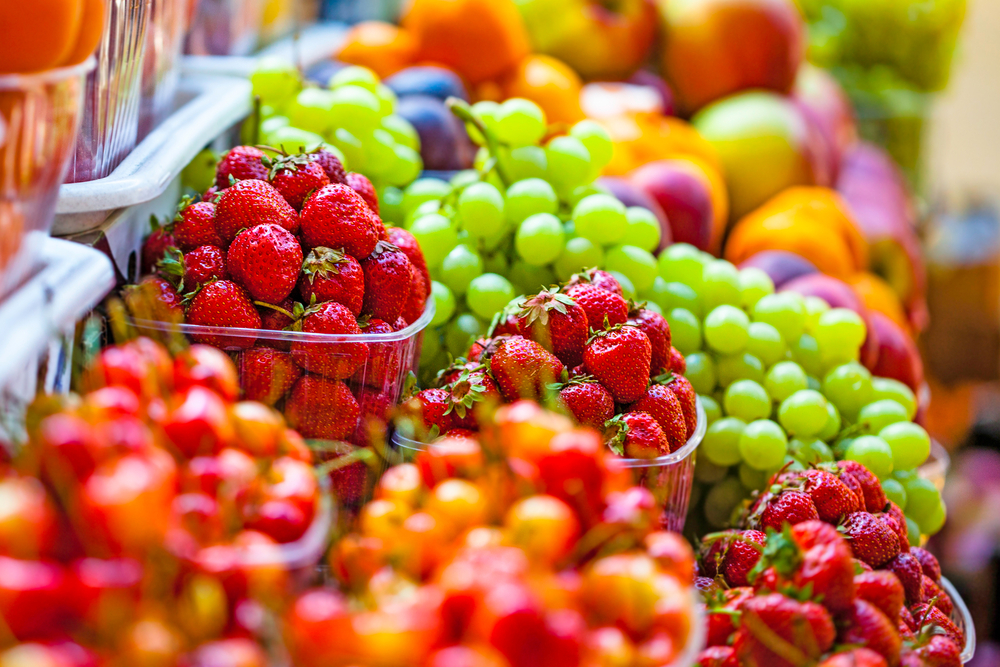
Seasonal produce is often fresher, tastier, and more affordable. Local farmer’s markets are excellent places to find seasonal vegetables and fruits. In-season produce requires less transportation and storage, contributing to lower prices. Additionally, seasonal fruits and vegetables tend to have better flavor and nutritional value. Incorporating seasonal produce into your diet can add variety and excitement to your meals. By celebrating the season, you can enjoy high-quality, affordable produce year-round.
Inspect Produce Carefully
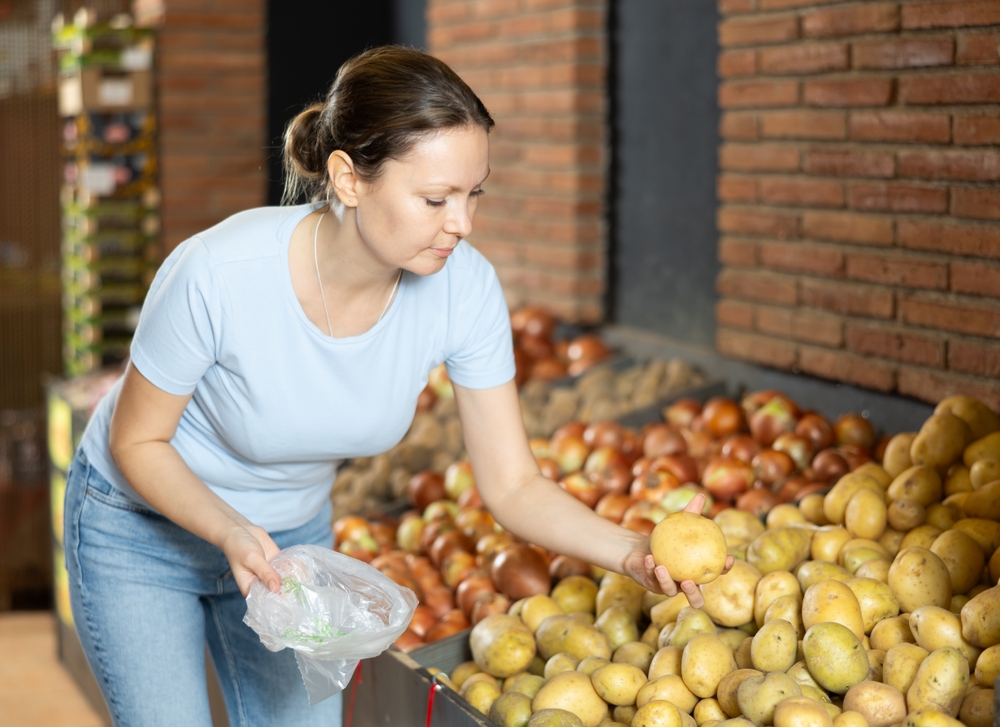
When selecting produce, avoid items with bruises, cuts, or other signs of damage. Damaged produce spoils faster and can harbor bacteria. Look for vibrant colors and firm textures as indicators of freshness. For leafy greens, avoid wilted or yellowing leaves, and opt for crisp, green ones. Gently squeeze fruits to check for ripeness; they should give slightly under pressure but not be mushy. Taking the time to inspect your produce ensures you get the best quality for your money.
Try Canned or Frozen Alternatives
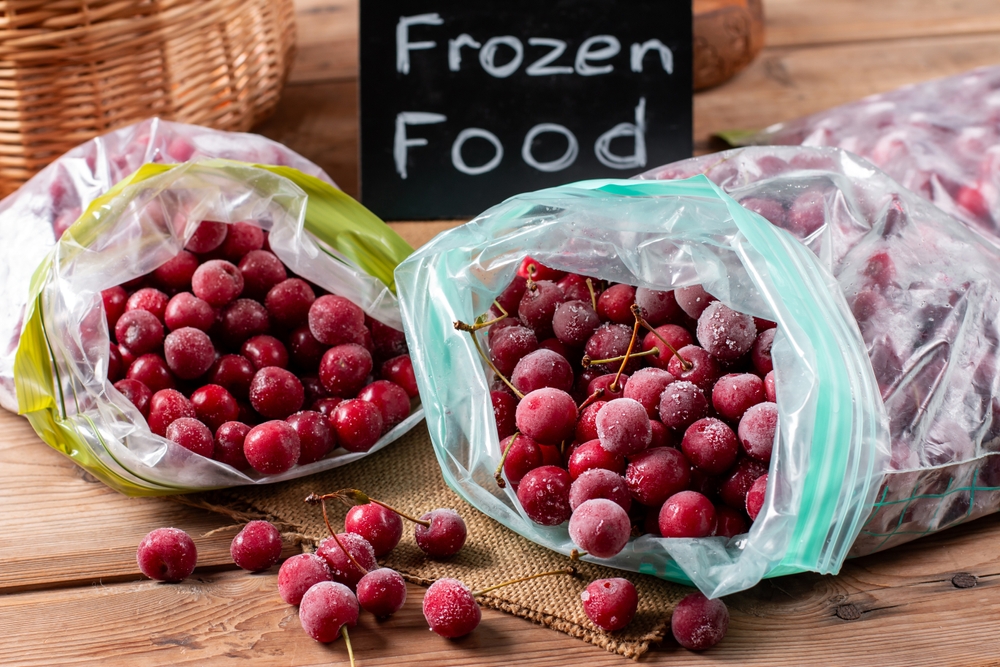
Comparing the price and servings of fresh, canned, and frozen produce can reveal significant savings. Canned and frozen vegetables and fruits often cost less than fresh varieties and have a longer shelf life. When buying canned items, choose those packed in 100% fruit juice or labeled as low sodium. Frozen produce can be just as nutritious as fresh, especially if it is flash-frozen at peak ripeness. These alternatives are convenient and can be stored for extended periods without spoiling. Incorporating canned or frozen produce into your diet can help you stay within budget while ensuring a steady supply of nutritious foods.
Shop at Farmers’ Markets
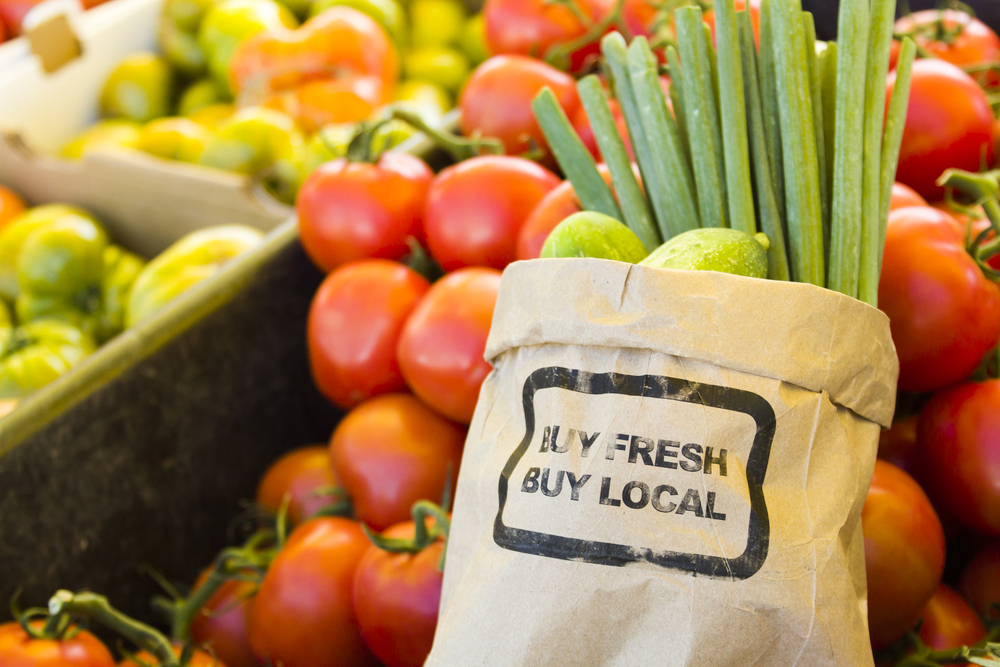
Farmers’ markets often offer fresher produce compared to grocery stores, sometimes at lower prices. These markets provide an opportunity to buy directly from growers, ensuring transparency about how the produce is grown. Engage with farmers to learn about their growing practices and get tips on how to store and prepare their produce. The produce is usually harvested within 24 hours of being sold, guaranteeing freshness. Additionally, farmers’ markets often have a variety of heirloom and unique produce not found in supermarkets. Supporting these markets helps sustain local farming communities.
Plan and Cook Smart
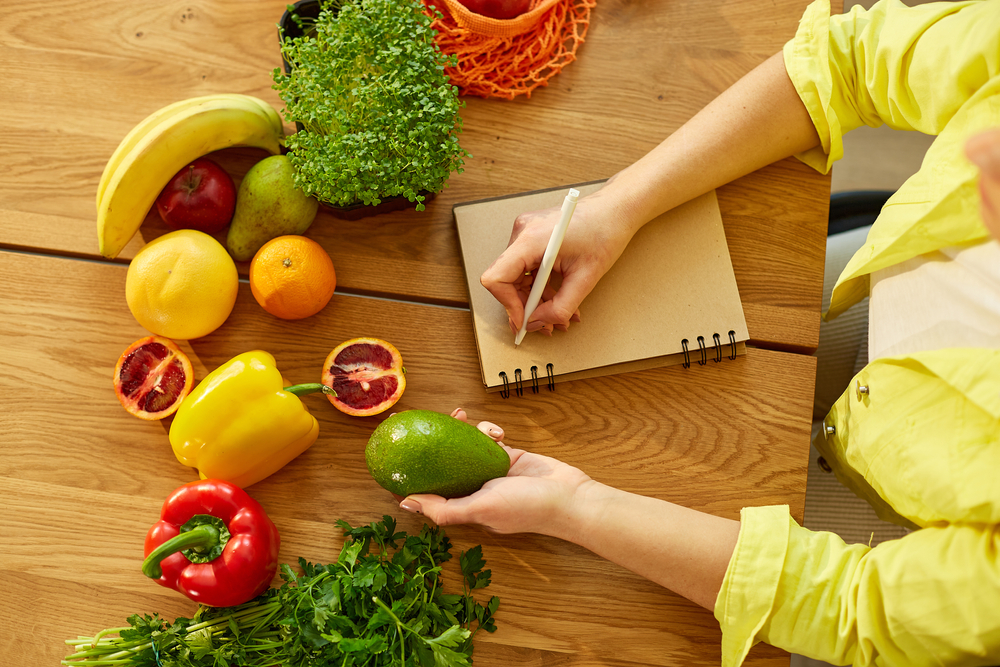
Preparing and freezing vegetable soups, stews, or other dishes in advance can save both time and money. Planning meals that utilize leftovers can help reduce waste. Overripe fruits can be used in smoothies or baking, adding variety to your diet. Cooking in bulk allows you to take advantage of sales on large quantities of produce. Having ready-made meals on hand can prevent the need for expensive takeout. Smart cooking strategies make it easier to incorporate fresh produce into your diet while keeping costs low.
Store Produce Properly
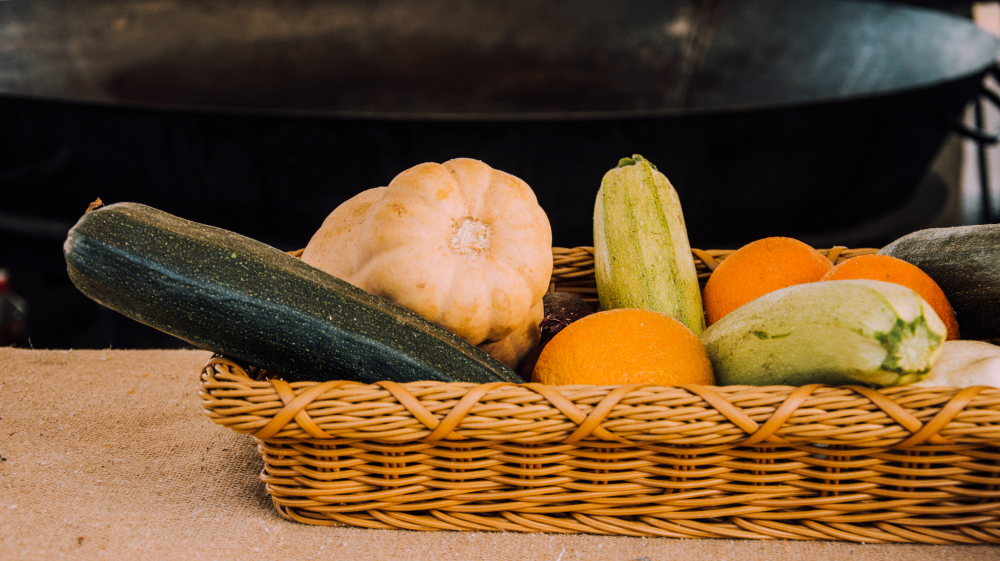
Proper storage extends the shelf life of your fruits and vegetables, keeping them fresh longer. Some produce, like apples and potatoes, should be kept in a cool, dark place, while others, like berries and leafy greens, belong in the refrigerator. Use breathable bags for items that need humidity, like mushrooms, and paper bags for produce that requires a dry environment. Keep fruits that emit ethylene gas, such as bananas and tomatoes, away from other produce to prevent premature ripening. Label storage areas in your kitchen to maintain organization and reduce waste. Regularly check stored produce for signs of spoilage and use those items first.
Check for Sales and Coupons

Keeping an eye on local newspapers, online resources, and in-store promotions can help you find deals on fresh produce. Sales and coupons can significantly reduce the cost of vegetables and fruits. Many stores offer digital coupons or loyalty programs that provide additional savings. Planning your shopping around sales events can maximize your budget. Combining sales with bulk purchases can yield even greater discounts. Regularly checking for deals ensures you get the best prices on fresh produce.
Buy Small Amounts Frequently

Some fresh vegetables and fruits have a short shelf life, so purchasing smaller quantities more frequently can help reduce waste. Frequent shopping trips allow you to enjoy fresh produce at its peak. This approach also helps ensure that you consume all the produce you buy, minimizing spoilage. Smaller, more frequent purchases can keep your meals varied and interesting. Regularly visiting the store or market keeps you aware of new arrivals and special deals. By buying only what you need, you can maintain a diet rich in fresh produce without overspending.
This article originally appeared on RetailShout
More From RetailShout
22 Nut-Based Desserts You Can Make at Home

Nut-based desserts offer the perfect combination of crunch and sweetness, making them irresistible to those who love treats with texture. Whether you’re looking for a quick snack or a decadent finish to a meal, these desserts are both easy to make and packed with the goodness of nuts. Read More.
21 Aldi Just Brought Back Its Best Holiday Products Early
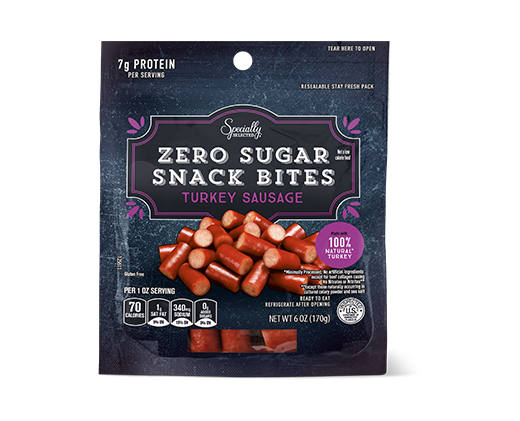
ALDI just brought back some of its best holiday products, and it’s time to get excited. These aren’t your average grocery store finds—this lineup is all about gourmet flavors and unique treats that you can’t always find year-round. Read More.
10 Amazing Food Hacks for an Unforgettable Camping Trip

Camping doesn’t mean you have to sacrifice good food and flavors. With these amazing camping food hacks, you can enjoy tasty, hassle-free meals under the stars. Read More.



